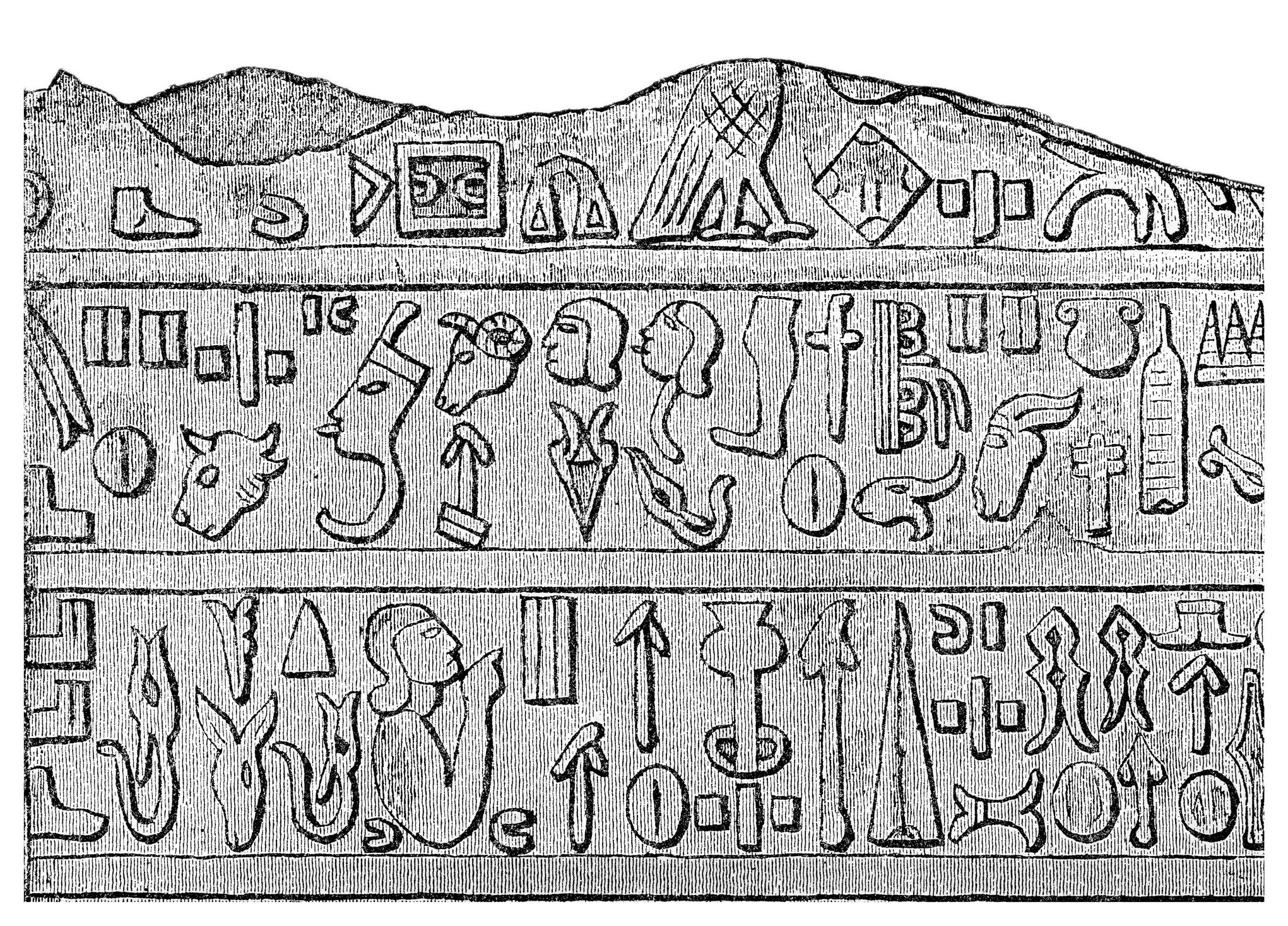Look for it soon on Duolingo.
Headshot of Darren Orf
BY DARREN ORFPUBLISHED: SEP 26, 2023

mikroman6//Getty Images
The archeological site at Turkey’s Boğazköy-Hattusha, the former capital of the Bronze Age Hittite empire, is a hotbed of ancient languages.
This year, during excavations of the ruins, archeologists uncovered a new language written on a tablet detailing a foreign ritual.
Although experts are not sure what the specific idiom says, they can confirm that the new language is a member of the Anatolian Indo-European language family.
Today, the ancient city of Hattusha—the capital of the Hittite empire that ruled north-central Turkey in the late Bronze Age (1650 - 1200 BCE)—is a treasure trove of ancient languages. At the Boğazköy-Hattusha archeological site, excavations over the past century have uncovered around 30,000 cuneiform tablets detailing the history, traditions, and society of Bronze Age Anatolia. This site is so rich in Bronze Age history that the once-powerful capital became a UNESCO World Heritage Site in 1986.
Although most of the tablets found in Hattusha are written in Hittite—the oldest attested Indo-European language (and the language tree through which English evolved)—many other languages of the region can be found among these cuneiform treasures, including Luwian, Palaic, and Hattic. However, this year’s excavations at the site revealed a surprising discovery—an entirely new language.
“The Hittites were uniquely interested in recording rituals in foreign languages,” Daniel Schwemer, head of the Chair of Ancient Near Eastern Studies at Julius-Maximilians-Universität (JMU) Würzburg in Germany, said in a press statement.
And hidden in this particular ancient cultic text is a recitation written in an unfamiliar language. According to the archeologists, the Hittite text refers to an idiom from the language of the land of Kalašma—an area that would’ve lied along the northwestern edge of the Hittite empire’s frontier. Although experts have no idea what this particular cuneiform passage says, they can confirm that the language is a member of the Anatolian Indo-European family, which also includes Luwian, Palaic, and Hittite.
More:
https://www.popularmechanics.com/science/archaeology/a45304938/new-language-discovered-ruins-ancient-empire/
 = new reply since forum marked as read
= new reply since forum marked as read
